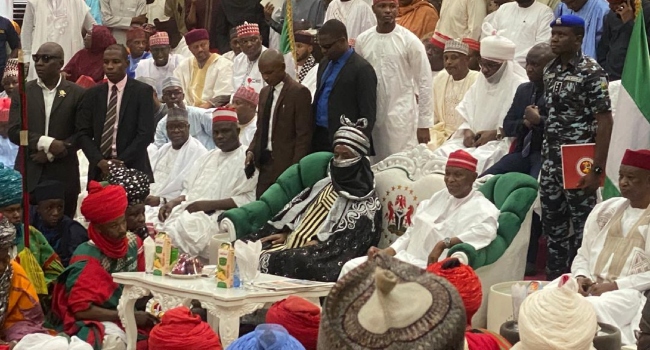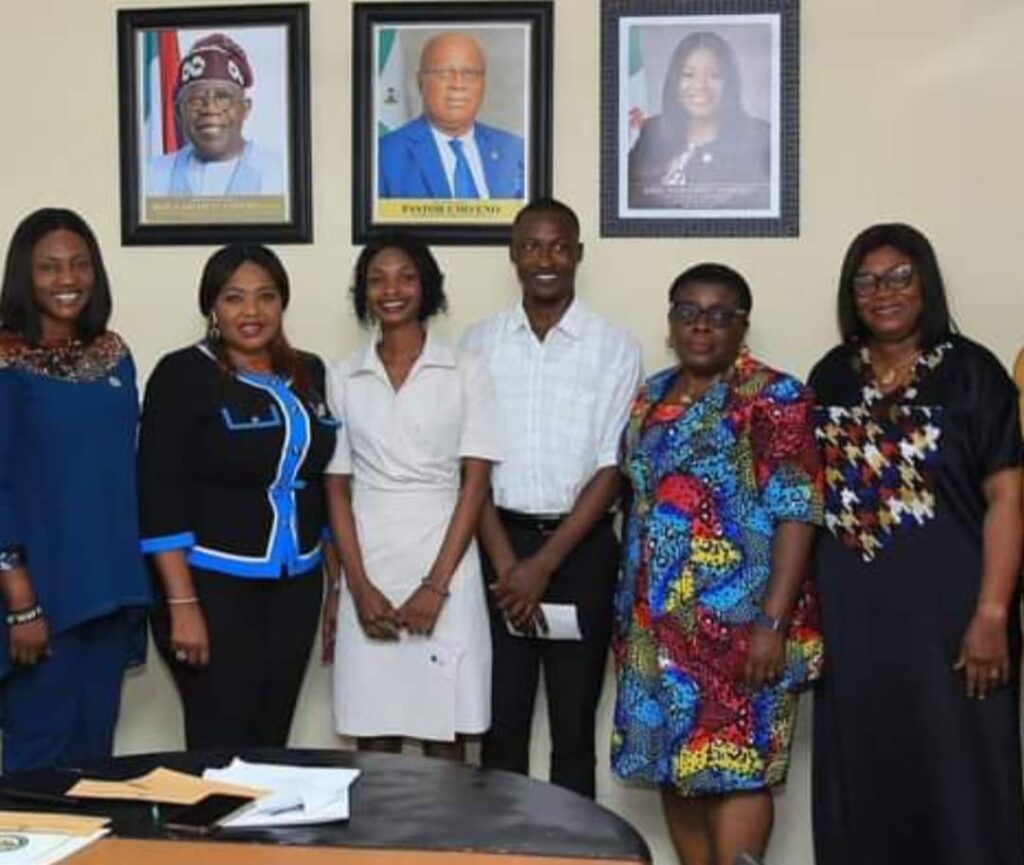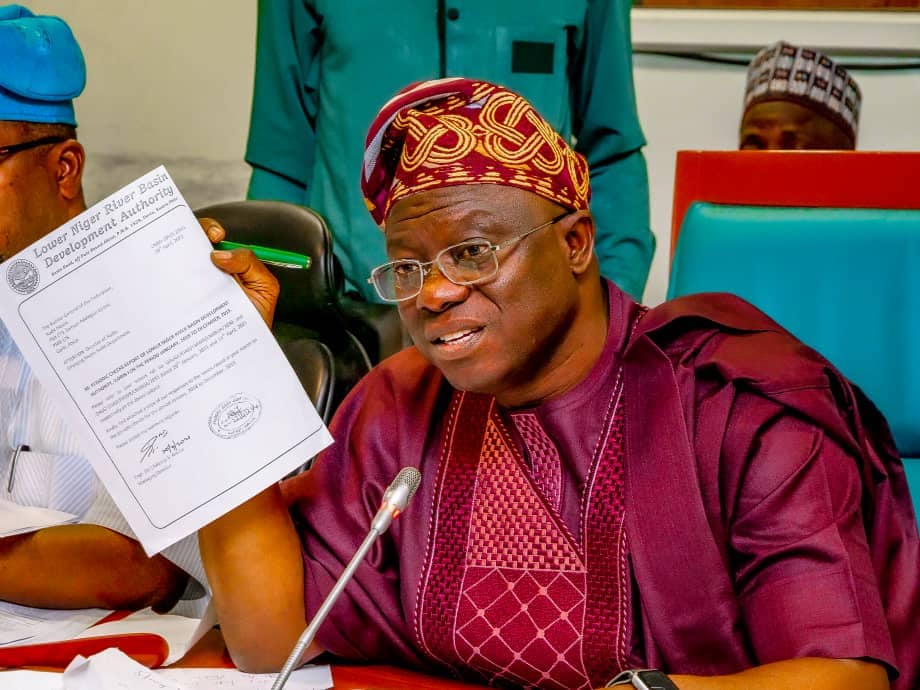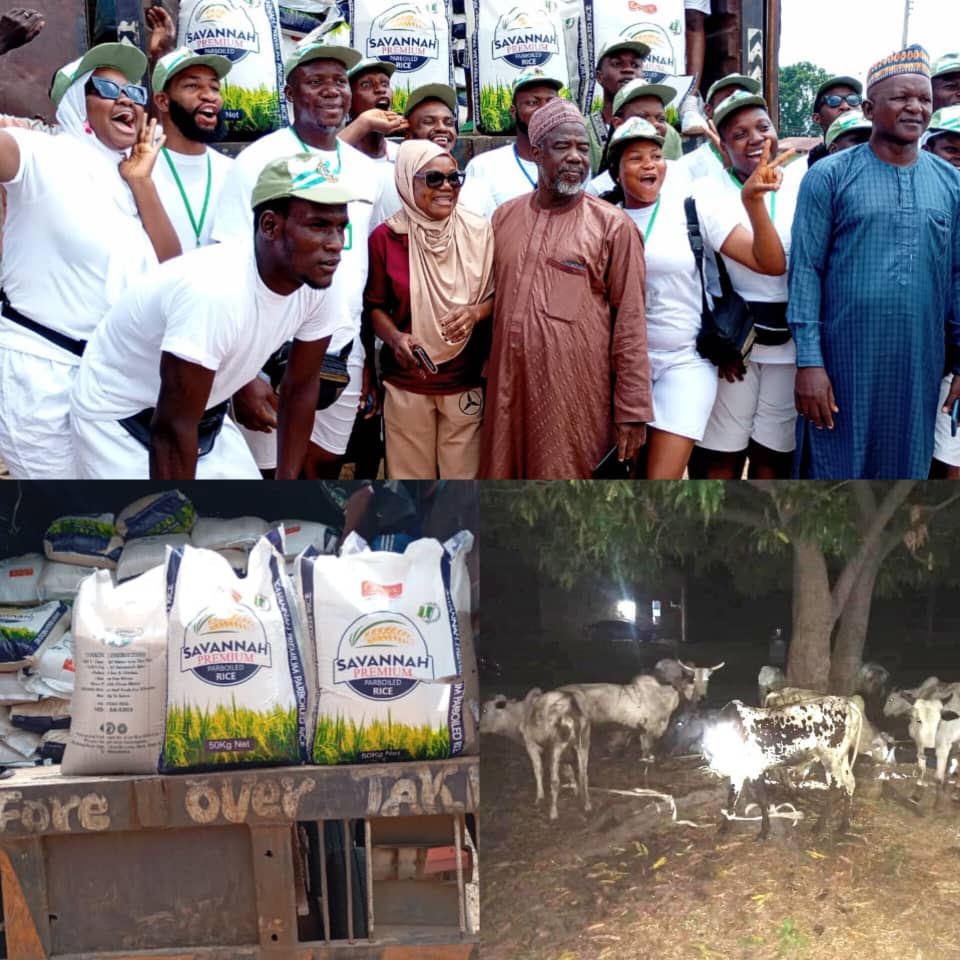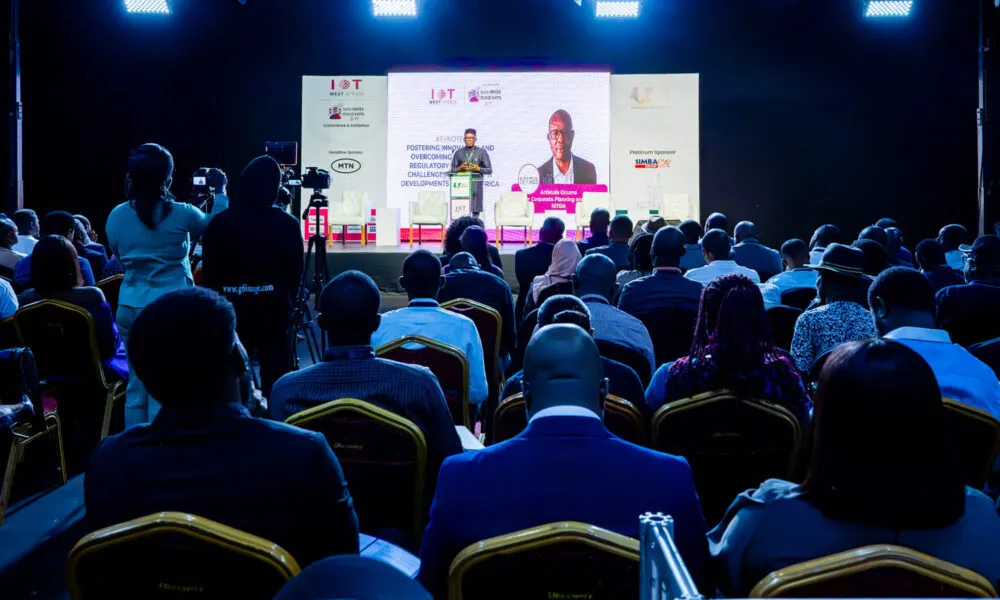About N16.5 trillion, which translates to 60 per cent of the country’s 2024 budget of N27.5 trillion is being spent on electricity generating sets for homes and industries, the Minister of Power, Adebayo Adelabu said in Abuja yesterday.
This is a direct failure of the power sector, which should have been a major source of power for the country, as the grid performance yesterday put average electricity generation at about 3,500 Megawatts against the promised 6,000MW by the Minister. Load offtake by the distribution companies (DisCos) was pitched at 3,880MW.
Adelabu, speaking at the ongoing Nigerian Oil and Gas conference, said: “What Nigerians spend on self-generation of power – on fuelling and servicing their generators – is N16.5 trillion according to a research that was carried out in 2023.”
Using the development to justify the upward review in the band A tariff, he said what the upper band customers is paying is still cheaper compared to the cost of running generators.
Calling for more investment in grid and renewable electricity, Adelabu said there is a need for increased investment in Nigeria’s gas sector to bolster the country’s energy security and achieve its ambitious energy transition goals.
In his speech titled: ‘Navigating Nigeria’s Pathway to Achieving Energy Security Sustainably on the Journey to Net Zero,’ Adelabu underscored the significant demand for gas in Nigeria’s power sector, which consumes the largest share of the country’s domestic gas supply.
“In line with the Nigeria Energy Transition Plan vision 30:30, which seeks to achieve 30GW by the year 2030, our energy mix is projected to be 70 per cent thermal source (most likely gas considering the country’s gas potential) and 30 per cent renewable source. The power sector would require over five times what the industry currently utilizes from the domestic gas market to achieve our 70 per cent thermal energy target with gas-powered generation,” Adelabu explained.
To meet these ambitious targets, the Minister called on investors to increase investments in Nigeria’s gas production, particularly in the abundant unexploited Non-Associated Gas reserves.
He also noted the Federal Government’s commitment to ensuring adequate liquidity in the power sector, including the introduction of a cost-reflective tariff and presidential approval to resolve legacy debts to generation and gas companies.
Adelabu also highlighted the potential for renewable energy investment, noting that Nigeria boasts abundant solar, wind, and hydro resources. He cited the success of projects like the $550 million Nigeria Electrification Project and the $750 million DARES project, which aims to provide electricity to 2.5 million people through solar home systems and mini-grids.




